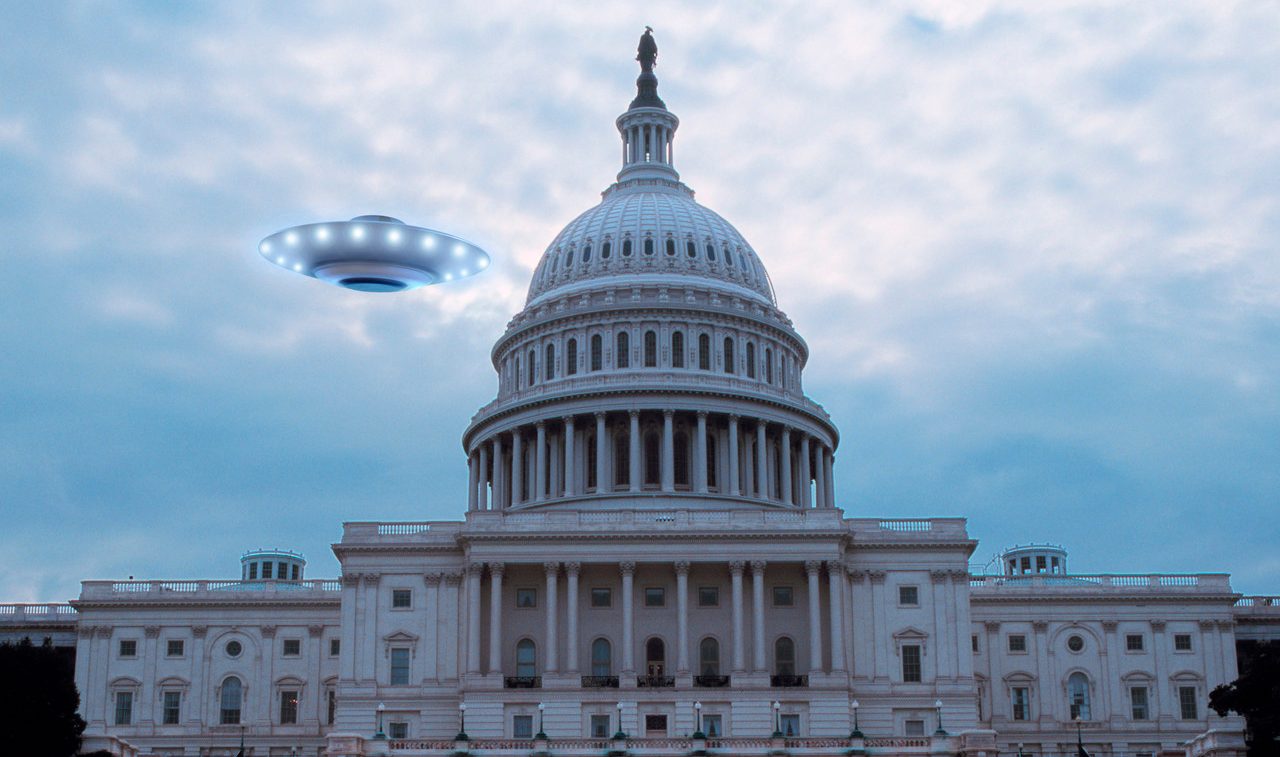Why We Believe in Conspiracies

Suspecting a conspiracy is an easy way to explain scary public events. People hate randomness and see evildoing instead. Here’s what you should know.
A conspiracy theory sees “(1) a group (2) acting in secret (3) to alter institutions, usurp power, hide truth, or gain utility (4) at the expense of the common good,” say University of Miami political scientists Joseph E. Uscinski, PhD, and Joseph M. Parent, PhD.
The pair reported (see below video) that about a third of Americans believe that 9/11 was an “inside job” by the Bush administration. Similar numbers are convinced that Obama lied about his birthplace to qualify for the presidency. Their surveys show that people who believe in conspiracies may be rich or poor, black or white, and on either side of political divides, although group loyalties count. Many African Americans, for example, think that the CIA planted crack in poor city neighborhoods.
YOU MIGHT ALSO LIKE: Our Anxiety and Stress section
Education helps but doesn’t cure: Uscinski and Parent have found that 23 percent of people with post-graduate degrees are attracted to conspiracy theories, compared to 42 percent of people who do not have a high school diploma.
Suspecting a conspiracy is an easy way to explain scary public events. There are conspiracy theories about the spread of AIDS and the assassination of JFK. Some say that the Holocaust never happened.
Occasionally, we do get proofs of conspiracies: Richard Nixon did conspire to prevent investigation of the prowlers who were trying to wiretap the Democratic National Committee office in the Watergate building in Washington, D.C.
Because they think they’re being lied to, people prone to conspiracy thinking often subscribe to contradictory ideas: for example, that Princess Diana faked her own death or that she was murdered. Either could be true, they say, but the official explanation isn’t.
We’d rather cling to silly ideas than live with fear.
“People hate randomness, they dread the sort of random occurrences that can destroy their lives, so as a mechanism against that dread, it turns out that it’s much easier to believe in a conspiracy. Then you have someone to blame, it’s not just randomness,” says Stephan Lewandowsky, PhD, a cognitive scientist at the University of Western Australia who has studied opinions on climate change.
Normal lapses in critical thinking are part of the problem. In the standard glitch called “confirmation bias,” we routinely seek out information that confirms what we already think, interpret ambiguous information to favor our “side,” and miss or forget inconvenient facts.
Any family discussion reveals that people’s beliefs fall in line with their self-interest and that we resist new information that might push us to change our minds or behavior. For instance, soon after the first U.S. Surgeon General’s report suggesting that smoking led to lung cancer, a classic survey established that non-smokers believed the Surgeon General and smokers didn’t.
Fear aggravates that bias.
“A conspiracy theory is immune to evidence, and that can pretty well serve as the definition of one. If you reject evidence, or reinterpret the evidence to be confirmation of your theory, or you ignore mountains of evidence to focus on just one thing, you’re probably a conspiracy theorist,” Lewandowsky explains.
How lucky we’d be if such thinking was rare or “fringe.” There is some evidence that people who adopt conspiracy theories also tend to be suspicious and prone to belief in the paranormal, politically cynical, and defiant of authority. But too many people believe in one irrational theory or another — examine your conscience or ask your neighbors — to say that every conspiracy thinker is a weirdo.
Beliefs without evidence benefit from the human tendency to cluster with like-minded folk and solidify into a camp. In one experiment, researchers recruited 63 people of voting age, half from liberal Boulder, Colorado, and half from conservative Colorado Springs, and had them meet in small groups with other participants from their town to discuss climate change, affirmative action, and civil unions for same-sex couples.
Questionnaires showed a variety of opinions within the groups before the meetings. After the discussion, the main result was that the “liberals became more liberal on all three issues; conservatives became more conservative,” the authors wrote.
Even cynicism and defiance can bond large groups who feel victimized. Historically, upstart leaders have flourished by feeding a dissatisfied public conspiracy theories and pointing at scapegoats. When Adolf Hitler argued in “Mein Kampf” that a small group of Jews controlled world politics, he attracted Germans humiliated by the aftermath of World War I. An entire nation looked away as he fomented hatred against Jews and killed six million people across Europe.
Despite that historic lesson, anti-Semitic talk surged in the former Yugoslavia during the war with NATO in 1999. A conspiracy story about Jews now flourishes in Malaysia, where ex-prime minister Mahathir Mohamad frequently raised the specter of Jewish world domination as an argument for Muslim unity. Malay translations of Mein Kampf remain widely available, and even professors deny that the Holocaust ever happened. Anti-Semitism seems more prevalent among politically conservative Malaysians reacting against change, and those resentful of the Chinese, one study concluded.
Never forget that conspiracy thinking can go mainstream and do damage.
Updated:
October 13, 2022
Reviewed By:
Janet O’Dell, RN